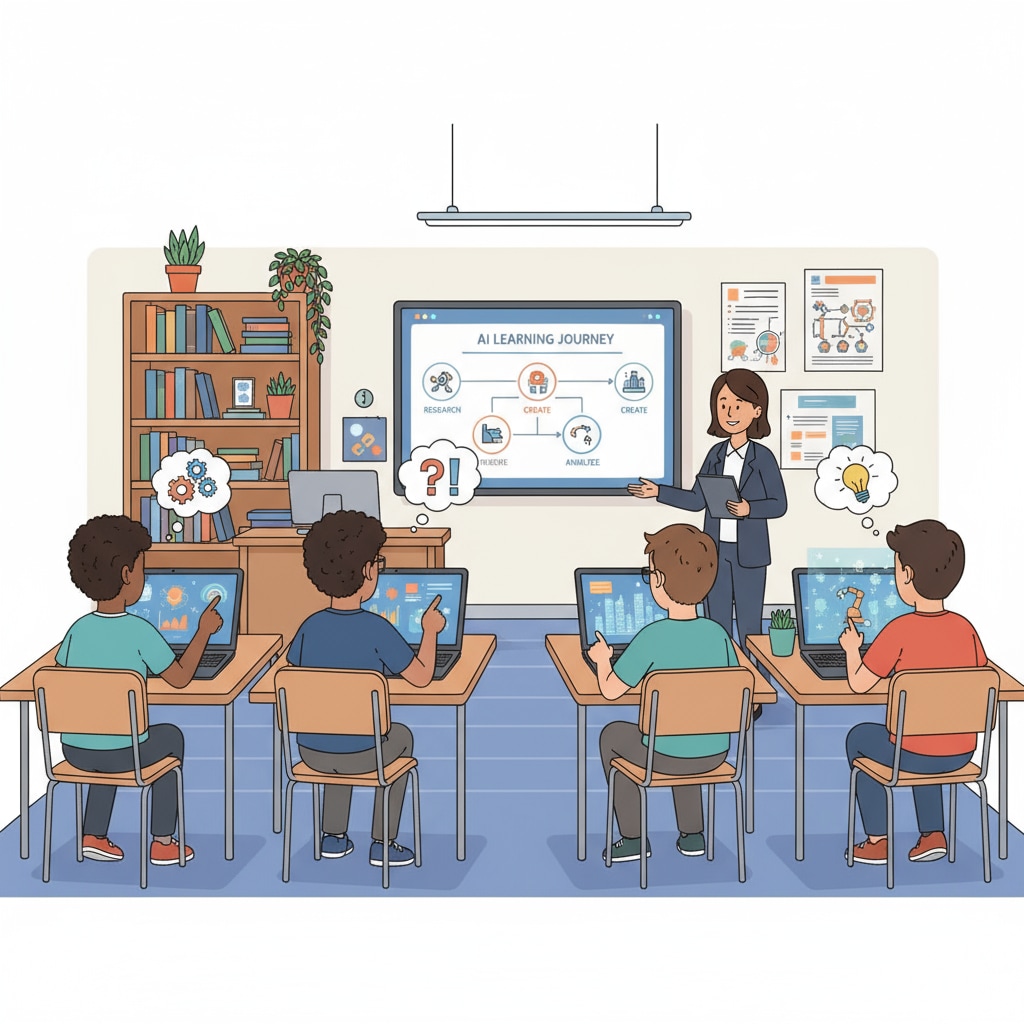In the era of rapid technological advancement, the concepts of AI policies, academic integrity, and skill values are intertwined in the academic environment. The widespread application of artificial intelligence in education, especially in K12 settings, brings both unprecedented challenges and opportunities.

As AI becomes an increasingly integral part of the learning process, it is crucial to understand its implications for academic fairness and the preservation of educational values.
The Rise of AI in Academic Settings
AI has made significant inroads into academic environments. From intelligent tutoring systems that adapt to individual student needs to tools that assist in research and writing, its presence is undeniable. For example, many students now use AI-powered grammar and plagiarism checkers to improve their work. According to Educause, an organization focused on education and technology, the adoption of AI in educational institutions is on the rise. However, this convenience also raises concerns about the authenticity of academic work.

AI and Academic Integrity
One of the most pressing issues is the threat to academic integrity. With the ability of AI to generate essays, solve problems, and even complete assignments, there is a risk of students using these tools to cheat. Academic institutions are grappling with formulating AI policies to prevent such misuse. As stated by Chegg, a popular educational platform, it is essential to distinguish between using AI as a learning aid and relying on it to complete tasks dishonestly. Educators need to find ways to ensure that students are demonstrating their own understanding and skills.
To address this, some institutions have started to incorporate AI detection tools into their assessment processes. These tools can identify patterns that may indicate AI involvement in written work. However, this is not a foolproof solution, as AI technology is constantly evolving, and new ways of evading detection may emerge.
The Impact on Skill Values
Another aspect to consider is the impact of AI on skill values. While AI can enhance certain aspects of learning, such as providing quick access to information, it may also devalue traditional skills like critical thinking, problem-solving, and independent research. For instance, if students rely too heavily on AI to generate ideas or solve problems, they may not develop the necessary cognitive abilities. Educators and parents need to guide students on how to use AI in a way that complements, rather than replaces, these essential skills.
To ensure that students are still developing these crucial skills, educators can design learning activities that require students to engage deeply with the subject matter. This could involve hands-on projects, group discussions, and in-depth research where AI is used as a supportive tool rather than a substitute for learning.
In conclusion, the integration of AI in the academic environment is a double-edged sword. While it offers great potential for enhancing learning experiences, it also presents significant challenges in terms of AI policies, academic integrity, and skill values. By being aware of these issues and taking proactive steps, educators, parents, and students can navigate this new landscape and ensure that education remains a vehicle for true learning and personal growth.
Readability guidance: The article uses short paragraphs and lists to summarize key points. Each H2 section provides a clear focus. Passive voice and long sentences are kept to a minimum, and transition words are used throughout to enhance the flow of the text.


